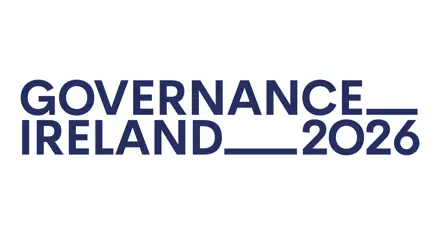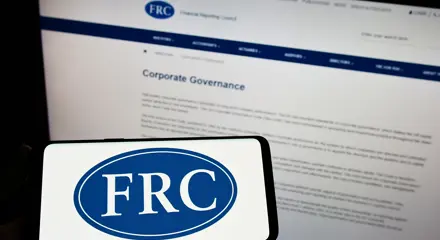About us
We are the Irish Region of The Chartered Governance Institute UK & Ireland, which provides thought leadership and international recognised qualifications for everybody working in governance. Our professional network supports a growing community of over 600 chartered secretaries and more than 200 students and affiliate members, many of whom work in governance, risk and compliance in Ireland.
The Chartered Governance Institute UK & Ireland - Irish Region's services include guidance on technical issues, such as the provisions of the 2014 Companies Act, training, qualifications, CPD and networking events, regular email briefings and online recruitment services. Use the tabs below to find out more about our Institute, and our governance. Click here to find out how to join us.
Upcoming events




Latest Agenda Articles

New Government Legislation Programme: Industry & Sector Breakdown Spring 2025

Latest Blogs

The Company Law Review Group

The Institute's Response to the UK Stewardship Code Consultation
Meet the team
George Alton

Eilish Downes GradCG

Nathan Grimley ACG
Jamie Hedderman
Council Members
- Salvador Nash FCG
- Aoife Kernan ACG
- Jenny McGowran ACG
- Nathan Grimley ACG
- Ruairí Cosgrove FCG
- Adrienne Lonergan FCG (Treasurer)
- Jillian O'Sullivan FCG
- Melissa Scully ACG
- Colm Hanley ACG
- Elizabeth Bolger
Committee Members
Governance and Nomination Committee:
- Ruairi Cosgrove FCG (Chair)
- Conor Sweeney FCG
- Salvador Nash FCG
- Deirdre Mooney FCG
- Jillian O’Sullivan FCG
Events Committee:
-
George Alton (Chair)
- Jenny McGowran ACG
- Claire Healey ACG
- Holly Forbes
- Liza Botha GradCG
- Aoife Carroll
Company Secretarial Practice Committee:
-
Jillian O'Sullivan FCG (Chair)
- Ray Hunt FCG
- Trudy Kealy-Mahon FCG
- Conor Sweeney FCG
- Nathan Grimley ACG
- Deirdre Mooney FCG
- Sinead Floody ACG
- Sinead Humphreys ACG
- Laura Kearney FCG
Education Committee:
- Claire O'Brien ACG
- Aoife Kernan (Chair)
- Colm Hanley ACG
- Jamie Hedderman
- Sarah Colfer FCG
Contact the Irish Region
For membership and study enquiries please contact the student and membership team:



